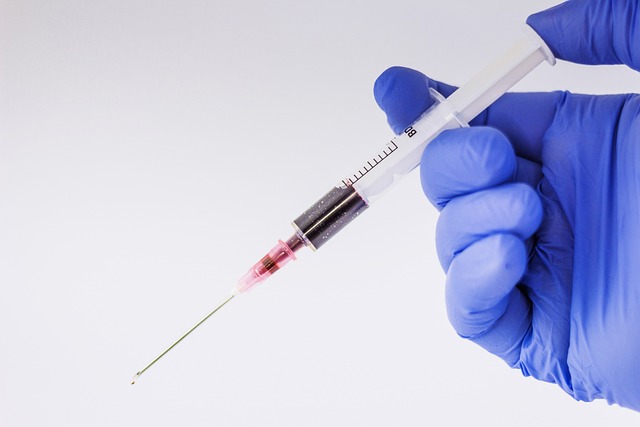Non-surgical rhinoplasty, also known as medical rhinoplasty, is a popular alternative to traditional rhinoplasty.
This procedure uses filler injections to change the shape of the nose without surgery. Although it has several advantages, it also has disadvantages to consider.
Advantages of non-surgical rhinoplasty
- Less invasive: Unlike surgical rhinoplasty, medical rhinoplasty does not require incisions or general anaesthesia. Patients thus avoid the risks and complications associated with surgery.
- Reduced recovery time: Recovery after medical rhinoplasty is generally quick. Patients can return to normal activities almost immediately after the procedure, with little or no downtime.
- Immediate Results: The effects of filler injections are visible immediately after treatment, allowing patients to see improvements instantly without waiting several months.
- Reversible: The fillers used, often hyaluronic acid based, can be dissolved if the results are not satisfactory, thus offering a certain reversibility.
- Reduced cost: In general, medical rhinoplasty is less expensive than surgical rhinoplasty because it does not involve operating room costs, anaesthesia, or long periods of postoperative follow-up.
Disadvantages of non-surgical rhinoplasty
- Temporary Results: Fillers are absorbed by the body over time, making the results of medical rhinoplasty not permanent. Patients must repeat the injections every 12 to 18 months to maintain the effects.
- Limitations of modifications: Medical rhinoplasty is ideal for correcting minor imperfections such as bumps or hollows, but it cannot reduce the size of the nose or correct significant structural problems.
- Risks of complications: Although less risky than surgery, medical rhinoplasty carries risks of complications, such as infections, bruising, swelling and, in rare cases, blockages vascular diseases that can lead to skin necrosis.
- Need for qualified practitioners: To achieve optimal results and minimize risks, it is crucial to choose an experienced practitioner who is qualified in the use of fillers for rhinoplasty.


